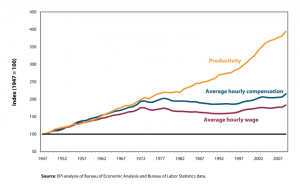Joe Firestone: Stop “the Great Betrayal” – Kabuki Update
It now looks like the big media and leaders in both parties are no longer focusing on the Government Shutdown crisis, but are now moving on to the notion that the shutdown is melding with the upcoming probable breaching of the debt limit to create a combined mother of all fiscal crises. Don’t be fooled.
Read more...
